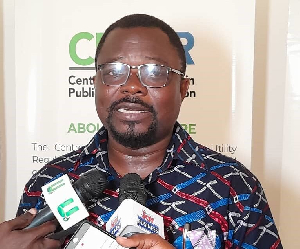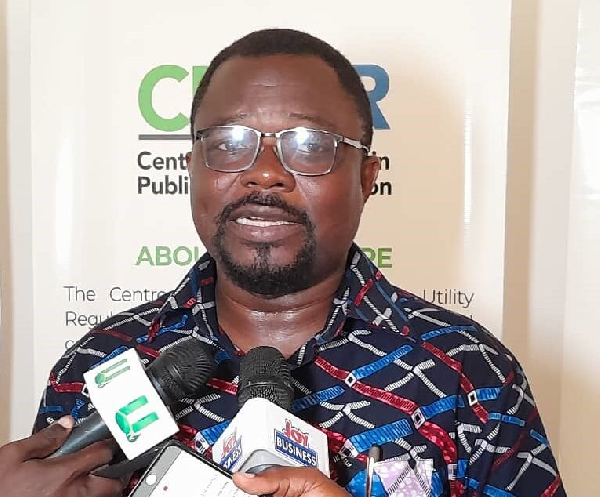 Deputy Director for Renewables and Green Emerging Technologies, Dr Robert Sogbadji
Deputy Director for Renewables and Green Emerging Technologies, Dr Robert Sogbadji
The Ministry of Energy and Green Transition has disclosed that Ghana will need an impressive $562 billion to fully achieve its energy transition agenda by 2070.
This ambitious plan includes the completion of a nuclear power project, with construction scheduled to begin in 2027.
According to a report by Citinewsroom.com, various ongoing projects—including the development of 33 new solar mini-grids for island communities—demonstrate Ghana’s steady progress towards its energy goals.
On May 21, during a stakeholder engagement on Ghana’s Energy Transition Framework in Accra, Dr Robert Sogbadji, Deputy Director for Renewable and Green Emerging Technologies at the Ministry of Energy, emphasised that the country is making significant advancements in its energy transition.
He highlighted the development of the new solar mini-grids as part of the government’s renewable initiatives.
“As of now, Ghana is putting all efforts into adhering to our energy transition framework. Currently, we have more than 89% access to electricity. Energy transition is supposed to be nationwide and implemented by all regions and District Chief Executives. So, efforts must be made to ensure that awareness is created to ensure that whatever activity or project they undertake, they also consider the energy transition,” said Dr Robert Sogbadji.
He further stated, “We need about $562 billion to complete this energy transition by 2070. It is not only the government that has to provide this money. It includes the private sector, development partners, and multinational development banks to bring in funds to ensure that we transition smoothly.”
Key Highlights of Ghana’s Energy Transition Plan
Energy Access: Ghana currently enjoys over 89% access to electricity, with plans to expand this further through renewable energy initiatives.
Nuclear Power: The construction of a nuclear power project is expected to start in 2027, marking a significant milestone in Ghana’s energy transition.
Solar Mini-Grids: The development of 33 new solar mini-grids for island communities is underway, promoting clean energy and reducing reliance on fossil fuels.
Funding: The required $562 billion for the energy transition will come from a combination of government funding, private sector investments, and development partners.
The Ministry of Energy is actively collaborating with stakeholders to ensure a smooth transition to green energy, focusing on sustainable development and environmental protection.
This ambitious plan is anticipated to drive Ghana’s economic growth while also reducing its carbon footprint.
NAD/GA
After the heavy rains over the weekend, a lot of debris has been left across many parts of Accra. Watch some of the destructions below:
